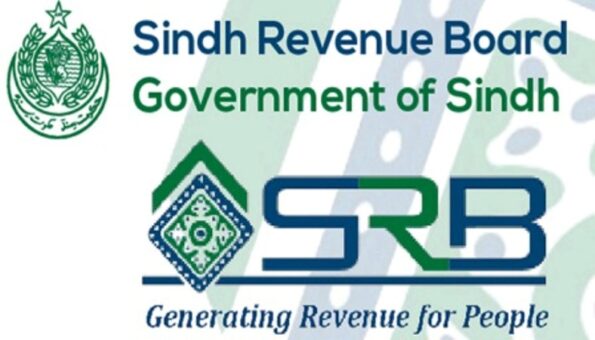LAHORE: The Pakistan Readymade Garments Manufacturers and Exporters Association (PRGMEA) has demanded the tax authorities to reintroduce zero-rated sales tax regime.
In its proposals for budget 2020/2021 submitted to Federal Board of Revenue (FBR), the PRGMEA demanded restoration of zero-rated regime of ‘no payment and no refund of sales tax’ for export-oriented sectors including textile at least for one year to sustain the industry amidst the severe liquidity crunch due to COVID-19.
The government should release all stuck claims of the exporters, including DLTL, DDT, Customs Rebates and Sales Tax rebates, as the liquidity crunch is a major stumbling block in the way of improving exports.
It said the apparel industry should be allowed to import fabric under the SRO 492 scheme, as the weaving industry of Pakistan is unable to fulfill demand for fashion wear, adding, the government should also announce complete 100 percent drawback rate of incentive at 7 percent without the condition of increment with simple procedure and paperless working for two years (2019-2020 and 2020-2021).
Ijaz A. Khokhar, chief coordinator PRGMEA, in a statement said they had also suggested the government that incentive amount should be directly credited to the exporter’s account at the time of realisation of export proceeds and State Bank of Pakistan may subsequently claim the amount from the government.
Moreover, Khokhar said the government should also extend the last date for submission of claims of duty drawback.
The PRGMEA demanded a one-window operation so that the exporters could focus on the market research and marketing for their products, besides proposing that cotton yarn, the major raw material of apparel sector, should be exempted from all duties and taxes to encourage value-addition.
One-window operation may effectively be introduced to replace the lengthy procedures that involve interaction of manufacturer with various agencies. At the moment, different government agencies have been harassing the textile industry virtually every day. Social Security, EOBI and all other taxes should be merged and deducted at source. The government exchequer will receive more revenue, if a reasonable percentage of realised amount is deducted. And many of the SMEs companies will add in the tax net automatically.
The PRGMEA also urged the government that the custom duty of 7 percent on import of Polyester staple fibre including a range of 20 percent anti-dumping duty should be abolished to reduce the cost of production to compete in the market.
It further said that exporters had received just 35 percent of claims payment only, while 65 percent of the refund claims were stuck with the government, which cumulated 12 percent of the exporters’ running capital; however, the profit margin of exporters was around five to eight percent.
“Due to availability of liquidity and smooth cash flow, the confidence of exporters will be boosted to enhance their exports and cement their business ties with the foreign counterparts to capture true business potential,” it added. The government has given assurance to clear all pending claims, but the factual position is that more and more refund claims are piling up with the payment of just a small number of claims.
PRGMEA asked the government should announce a clear policy to finally clear all the pending refund claims.
The trade association also requested that import of fabric be allowed under SRO 492 instead of DTRE, which was very complicated and only 2 percent exporters could avail importation under DTRE facility, whereas 97 percent SME sector could be facilitated under SRO 492, which was enforced previously.
To compete with Bangladesh and India; it is very important for Pakistan to offer the same products as they are exporting in large variety.
It said the incentive amount should be directly credited to the exporter’s account at the time of realisation of export proceeds and SBP may subsequently claim the amount from the government. The condition of “after receipt” should be abolished and prompt payment shall be made. Otherwise, again backlog of payments to be made to exporters shall be created as previous payments of billions of rupees have not yet been made to the exporters.
PRGMEA also proposed that since WEBOC system was available then why do exporters need to submit the hard copies for processing of rebate and DLTL claims. “As soon as the bank may report payment realisation on WEBOC, rebate and DLTL claims should be highlighted in Green and entitled for disbursement of refund,” they added.







